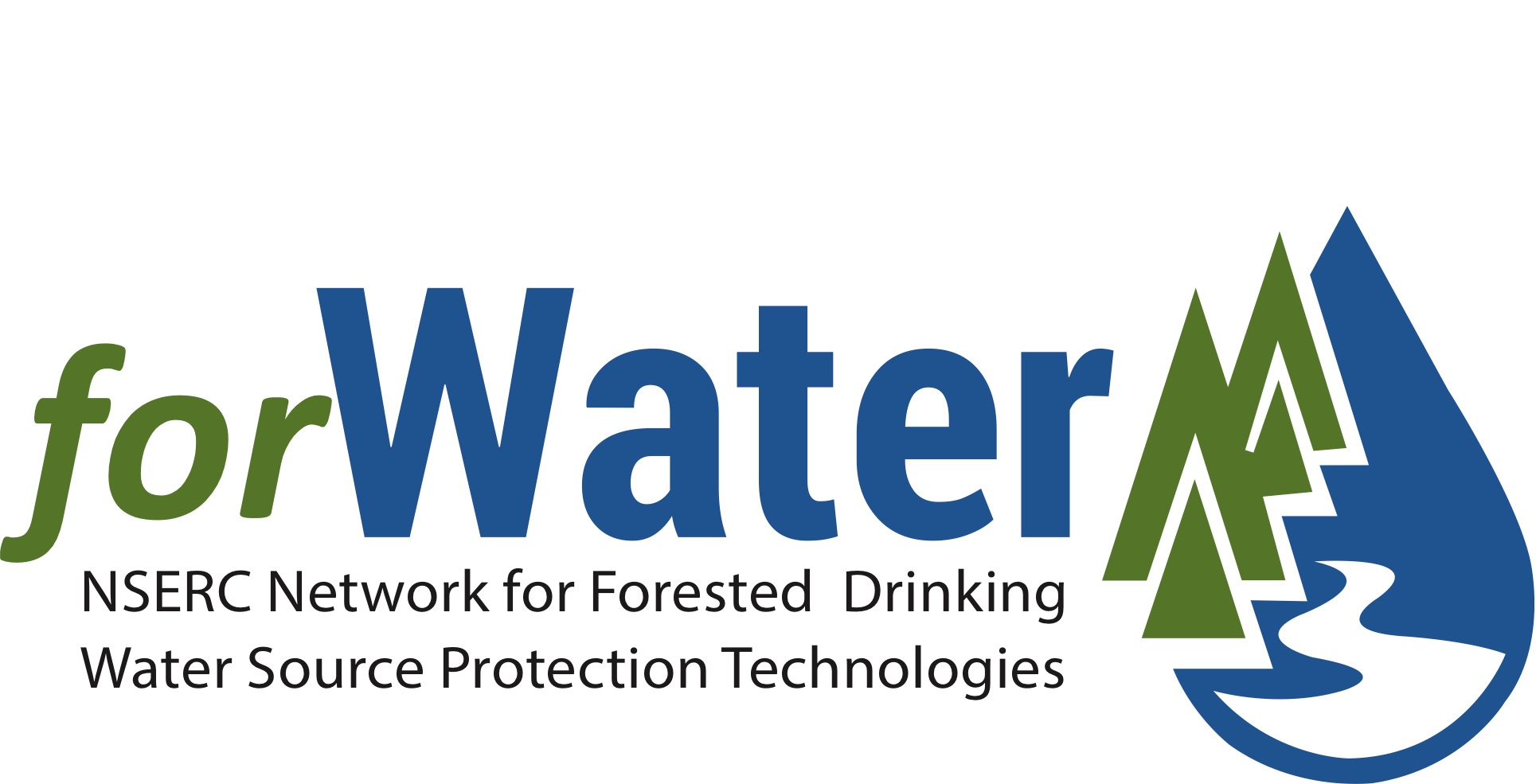In the latest research from the forWater Network, scientists have found that fires in forested source water regions can significantly accelerate fine sediment transport from hillslopes to receiving streams. The mobilization of fine sediment and associated nutrients, such as phosphorus (P), into high quality surface waters can substantially increase primary productivity, which can severely degrade water quality, threaten aquatic ecosystem health, and challenge drinking water treatability to the point of service disruptions.
The
research
snapshot
Impact
of
the
Kenow
wildfire
on
the
form
and
mobility
of
particulate
phosphorus
in
gravel
bed
rivers
at
large
basin
scales:
Implications
for
downstream
propagation,
examines
abiotic
controls
(e.g.,
adsorption,
precipitation)
on
particulate
phosphorus
(PP)
in
fine
suspended
and
ingressed
river
sediment
in
several
oligotrophic
gravel-bed
rivers
in
Alberta,
Canada
following
the
2017
Kenow
wildfire.

Specifically, extractions were conducted to assess the immediate influence of severe wildfire on the form and mobility of PP in these systems.
The wildfires, although devastating for the Alberta region, have also been an opportunity for scientists to study how fire affects the composition of fine sediments. In particular, wildfire was shown to alter the composition of fine sediments, typically enriching them in bioavailable P.
Results indicate that all wildfire-impacted sediments had the ability to act as a source of phosphorus to the overlying water column, especially at low flow conditions.
Key takeaways also indicate that ingressed, or entering sediment may act as a legacy (extended) source of bioavailable P in highly dynamic, oligotrophic gravel-bed rivers. Bioavailable P can lead to elevated levels downstream resulting in cyanobacteria blooms, or commonly called algal blooms which can be challenging to water treatment.
Although
not
currently
a
common
management
focus
for
water
treatment,
researchers
stress
that
development
of
strategies
for
managing
fine
sediment
upstream
is
critical
to
maintaining
source
water
quality
and
treatability
in
systems
with
reservoirs,
especially
in
wildfire-prone
regions.
 Download the
full
research
snapshot containing
detailed
research
results,
Download the
full
research
snapshot containing
detailed
research
results,
recommendations
and
figures
from
the forWater Network.

For
more
information
on
this
research
please
contact:
Mike
Stone
–
mstone@uwaterloo.ca
Monica
B.
Emelko
–
mbemelko@uwaterloo.ca

The forWater Network
is
led
by
Water
Institute
member
Monica
Emelko,
Canada
Research
Chair
in
Water
Science,
Technology
&
Policy,
Professor
of
Civil
and
Environmental
Engineering